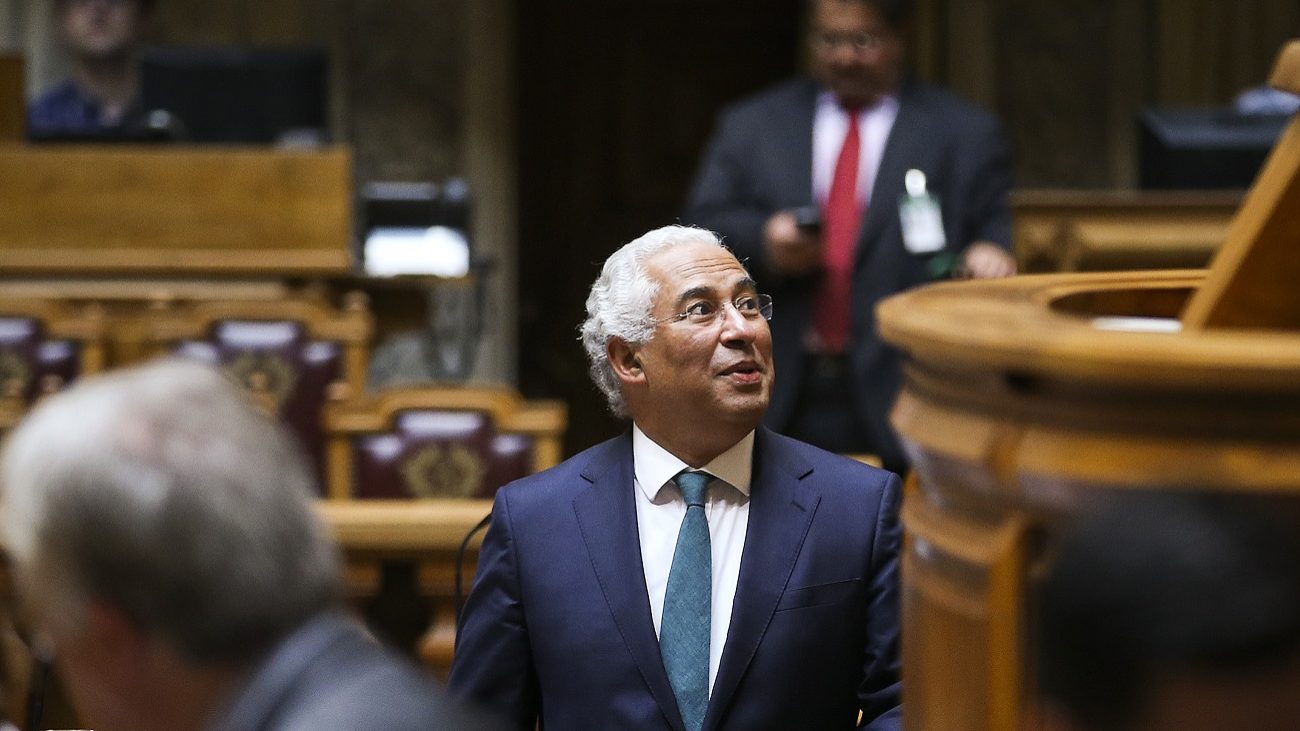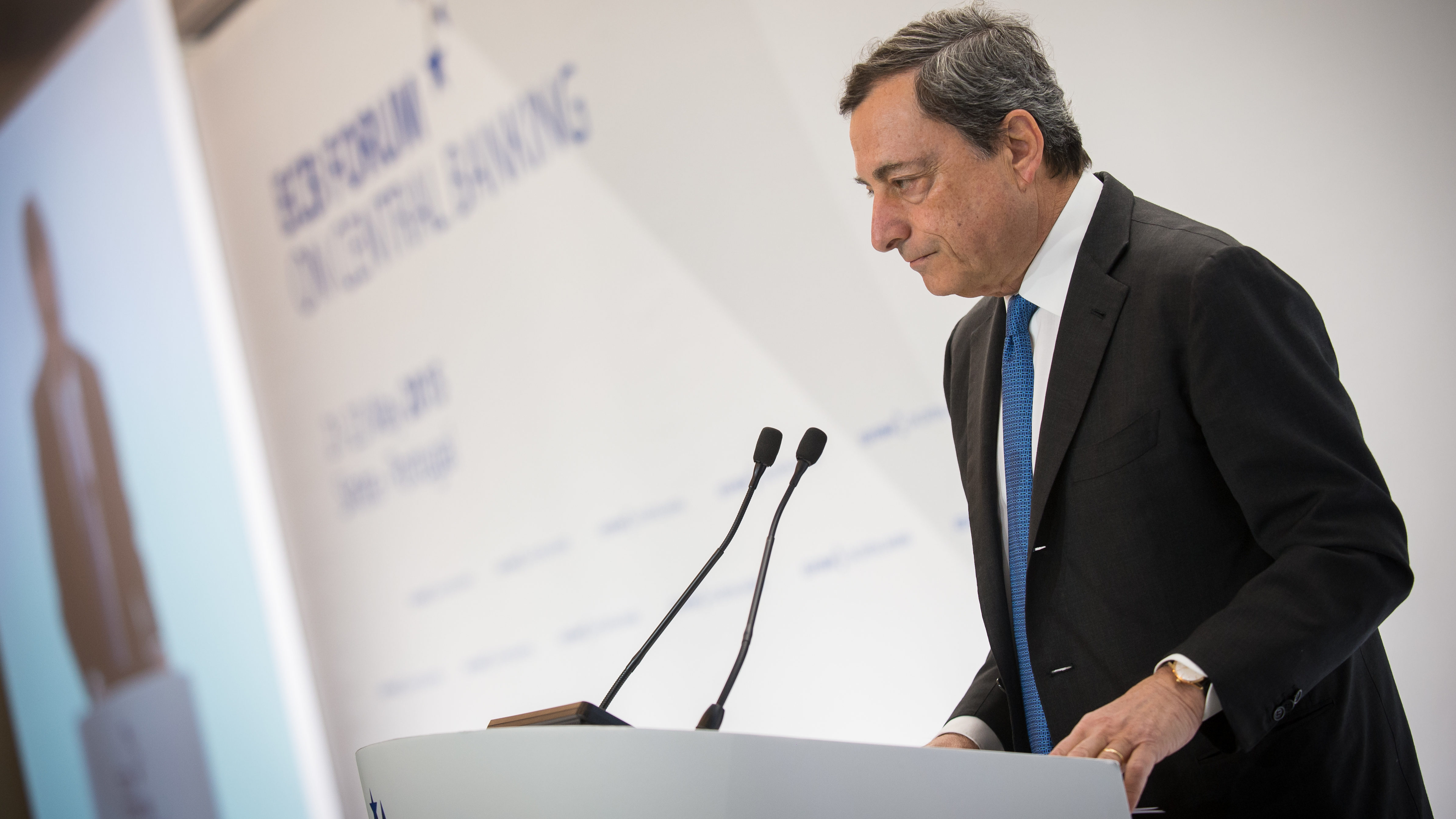Carlos Moedas on the deficit: “Decimals should not be our concern”
The European commissioner Carlos Moedas advocates that Portugal does not need to cut the deficit exactly to 2.5% in 2016 to avoid structural funds blockage.
The European commissioner for Science, Research and Innovation Carlos Moedas, when interviewed by ECO, discloses that Brussels does not always like the paths taken by national governments, but ensures that results are what matters the most – even if they are supported by a geringonça[1], because political stability is “very important” whether it is from “the left or the right”, he assures.
When asked how he sees the European Commission’s relationship with the Portuguese Government, Carlos Moedas answers that the Commission associates equally with all governments and “in a positive manner”, because the EC wants “the European Project to be united”. About the Portuguese Government, the Commissioner adds the relationship “has always been very good”, regardless of what party is in Government or what the parliamentary support is. Carlos Moedas explained that the Commission’s goal is to help the Member States, while assuring “the rules are respected”, being about the budget or any other matter, and that the “European values are respected”.
The Commissioner clarifies that even though “the Commission obviously has ideas and technical comments“ about Portugal’s decisions, “the Commission does not get involved”. “When Portugal was under the Adjustment Program, there were many more limitations; Portugal had to follow exactly what was laid by Troika”, Carlos Moedas explained. Being out of the Program, Portugal “has more freedom to choose the best path to bring the accounts back to balance, having in mind the Stability Pact”.
As an answer to the question How does the European Commission find the balance between demanding compliance with the rules, while still being reasonable, the commissioner acknowledged the dangers and difficulties of finding that balance: “There are many [extremist and populist] parties that, in spite of not being in Government, diagnose problems and offer solutions, which usually do not make sense or are impractical”.
Moedas points out the Commission is a political body, which does not weaken it: “The Commission still imposes its rules, carefully in order not to make counterproductive decisions that would harm the future of the country’s economy”. When it comes down to pressuring a country on Community rulings, “political stability is very important, because no problem can be solved without it, regardless of it being a right or left stability; however, it is just one of the many aspects to consider.” He adds: “There are many people who think the Commission should be a purely technical body, but that is the wrong perspective, and it is surely not the vision of our President Juncker.”
In order to explain to the Portuguese citizens that they are still at risk of seeing part of the structural funds blocked, the commissioner said “it is all part of the same process”, they are “automatic effects” of the Stability Pact. “When it was determined that Portugal had not made the structural effort needed to cut the deficit, the possible consequences were either penalties or suspension. It was, on the first instance, decided penalties were not to be applied; in a second instance, there would be a dialogue with the European Parliament to discuss fund suspensions”.
Carlos Moedas explained the European Commission does not necessarily expect a 2.5% deficit from Portugal: “Decimals should not be our concern, whether it is 2.5%, 2.4%, 2.6% or 2.8%; I am more concerned over whether or not Portugal will keep the deficit under the 3% threshold, whether or not it will continue the downward trend in reducing deficit, even if at great effort as seen in previous years”. The commissioner adds “it is within the matter of ruling that such assessment [of the compliance of deficit reduction] can take place, in order to decide if suspension must happen”.
[1] The center-right coalition won the most votes in October’s legislative elections (2015), but lost its overall majority in Parliament; the center-left Socialist Party (PS) took power by starting a parliamentary coalition with the Left Block (BE) and the Communist Party (PCP). This coalition is colloquially known in Portugal as the “geringonça”, which can be roughly translated as “the contraption”.




